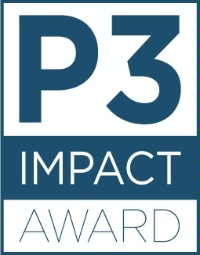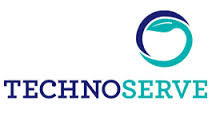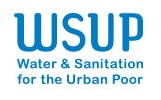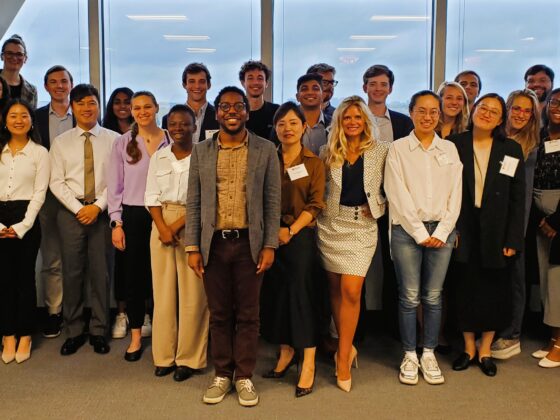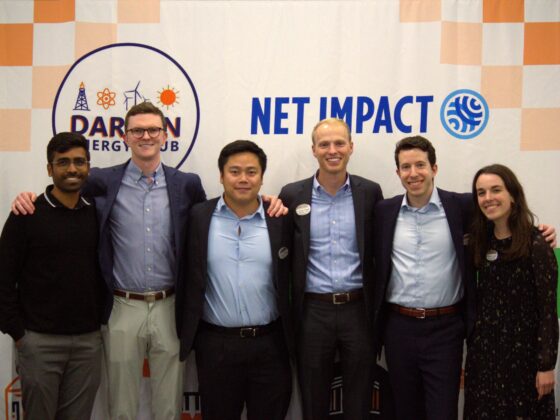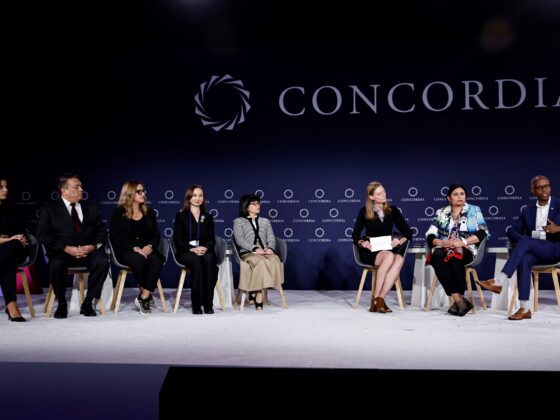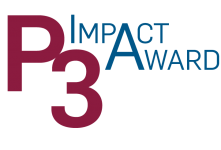
Our world – and its challenges – are becoming increasingly more complex. From global warming and hunger to water scarcity and beyond, our planet faces critical issues that call for businesses, government and non-profits to solve them – together.
With this in mind, Concordia, the U.S. Department of State Secretary’s Office of Global Partnerships and the UVA Darden School of Business Institute for Business in Society created the P3 Impact Award, to recognize public-private partnerships (P3s) that are improving communities and the world in the most impactful ways. In addition to honoring model partnerships, the competition provides thought leadership, promotes best practices, and generates a database of information relevant to P3s.
Now in the second year of this award, we are thrilled to announce this year’s finalists for the 2015 P3 Impact Award. We look forward to announcing the winner at this year’s Concordia Summit on October 2nd in New York City.
The five 2015 P3 Impact Award finalists are:
Partners in Food Solutions Partnership
Nearly two-thirds of the workforce in sub-Saharan Africa earn a living from agriculture, but many struggle to escape poverty due to a lack of stable, profitable markets. At the same time, one quarter of the region’s people suffers from undernourishment. Recognizing that local food processors can meet both the market needs of farmers and the nutrition needs of the population, TechnoServe, the U.S. Agency for International Development (USAID), and Partners in Food Solutions established a partnership to build the capacity of these enterprises. Through an innovative technology platform, the partnership matches the world-class expertise of leading food companies (General Mills, Cargill, Royal DSM and Bühler) with the needs of food processors in East Africa. Operating in five countries, the partnership has resulted in market opportunities for 700,000 smallholder farmers, the sale of over 15,000 MT of therapeutic food, $2.6 million in financing, and hundreds of new jobs.
The Nature Conservancy – The Dow Chemical Company Collaboration
Nature provides benefits like clean air and water – often called ecosystem services – upon which everyone depends. However, these benefits are often not considered when companies make business decisions. Recognizing this, The Dow Chemical Company (Dow) and The Nature Conservancy (TNC) partnered to help Dow and the business community realize, value, and incorporate nature into business decisions, strategies, and goals. Focusing initially on several large pilot projects and now moving to integrating nature into all business decisions at Dow, the Collaboration has developed methods and tools, like the Ecosystem Services Identification and Inventory (ESII) tool, to quantify the benefits of aligning business and conservation goals. By sharing lessons learned and best practices with the wider business community, the Collaboration expects that companies and governments alike will undertake more substantial investment in nature.
Madagascar: Implementing Improved Water and Sanitation Services to Low-Income Communities
Shortage of safe, reliable water, sanitation, and hygiene (WASH) services inhibits economic development, particularly in low-income areas. Utility providers often lack proven and sustainable models, and thus local communities suffer from inconsistent and unreliable service. To address this issue, The Coca-Cola Africa Foundation (TCCAF) worked with leading NGO Water and Sanitation for the Urban Poor (WSUP) and other partners to improve water access for 6 million people in Africa by the end of 2020 through TCCAF’s flagship water access program, the Replenish African Initiative (RAIN). By engaging communities and utilities and thus building local capacity, the partners are able to develop pro-poor WASH services in a market-driven and financially sustainable way. Already operational in five African countries, this collaborative approach promises to have far-reaching impacts on economic growth and stability across Africa.
TV White Space Supported Fisherfolk Registration in the Danajon Reef
A public-private partnership between Microsoft, USAID and the Philippines’ Department of Science and Technology and Bureau of Fisheries and Aquatic Resources is piloting, for the first time in the Philippines, a new technology that taps unused television broadcast frequencies (or “TV white space”) to extend high-speed, wireless Internet access to remote parts of the Philippines. Under this partnership, USAID is testing the use of TV white space to enable a mobile, online system to formally register fisherfolk in Bohol province. Fisherfolk registration is a key step toward sustainable fisheries management, and it allows fisherfolk to access vital government services, including health care, insurance, and poverty alleviation funds. Since TV white space connectivity was established in April 2014, over 16,000 fisherfolk have been registered in the pilot municipalities, with 4,000 of those registrants exclusively registered through TV white space technology. Government counterparts have begun to use this new registration data to design and deploy better fisheries management interventions. Further, more than 3,000 schoolchildren in 20 schools now have Internet access via TV white space, and when a 7.2 magnitude earthquake struck Bohol in October 2013, the technology was the only available means of communication for post-disaster relief and rehabilitation efforts.
U.S. Global Development Lab Partnering to Accelerate Entrepreneurship (PACE) Initiative & VilCap Investments: Catalyzing Investment to Democratize Global Entrepreneurship
The private sector has significant potential to accelerate development outcomes by investing in businesses that address social or environmental issues. However, less than 10 percent of such impact investments is committed to seed-stage or venture-stage businesses, creating a “pioneer gap.” A critical reason for this gap is that investment funds rely on management fees to operate and thus have an incentive to raise large funds with high minimum investment amounts. As a result, seed- and venture-stage businesses cannot offer the return needed to properly resource their teams, and fall outside the target investment criteria for these funds. To solve this issue, the Partnering to Accelerate Entrepreneurship (PACE) Initiative at USAID’s U.S. Global Development Lab and VilCap Investments formed a public-private partnership to build an investment vehicle to unlock private capital for seed-stage impact investments. Utilizing Village Capital’s peer-review model and a market-rate management fee, VilCap Investments has helped create 2,530 jobs, generate $5.6 million in revenues, and raise a $25.2 million in additional capital.
Additional information about the about the P3 Impact Award is available at the Institute for Business in Society, Concordia and the U.S. Department of State Secretary’s Office of Global Partnerships.

